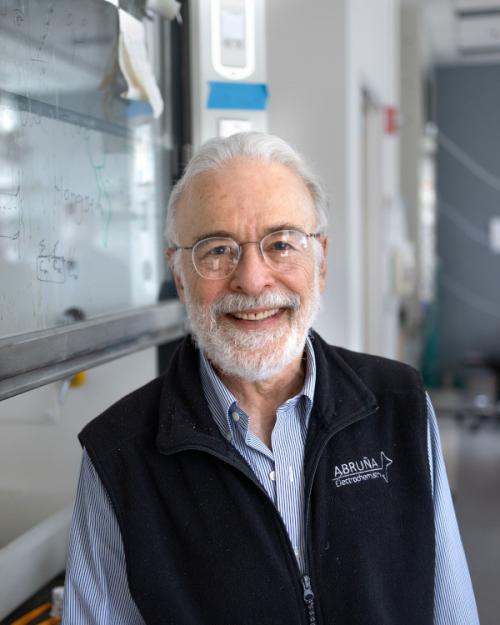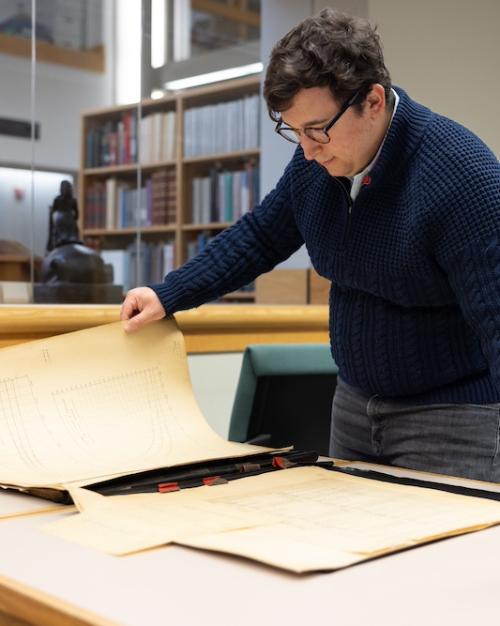Why have New York, Boston, San Francisco and other supposedly progressive cities become so expensive that they are unaffordable for many Americans?
Jake Anbinder, Klarman Fellow in history in the College of Arts and Sciences, is uncovering political as well as economic reasons for the current housing crisis, which he describes in his award-winning dissertation, “Cities of Amber: Antigrowth Politics and the Making of Modern Liberalism,” and the book he’s writing based on it.
This fall, Anbinder, a historian with an interest in cities and strong ties to public policy, is presenting two conference papers elaborating on his book project.
On Oct. 26, he presented “Salvation by Bricks: Making Preservation Progressive in Postwar New York,” at the Society of American City and Regional Planning History in San Diego. On Nov. 1, he will talk about “The Biggest Slum on the Face of the Earth,” on how the postwar revolt against urban development made America modern, at the Hagley Library's Conference on Real Estate Development and the Built Environment in Wilmington, DE, which he describes as a “whirlwind tour of the entire book.”
“In the nineteen thirties and forties, Democrats emphatically supported growth of all kinds. Just a few years later, however, in cities and suburbs across the country this opinion began to change,” Anbinder writes in the second paper. “Skyscrapers, shopping malls, and apartment complexes became signs of something terribly amiss with postwar society rather than the symbols of progress they had once been. By the end of the century, a near-total shift had occurred.”
There’s more interest than ever before in understanding why liberal cities and suburbs stopped building homes on a large scale in the first place, Anbinder said, “with Kamala Harris and Barack Obama both dedicating time during their convention speeches this year to the housing crisis.”
Aided by Cornell’s extensive urban planning archives, Anbinder is using his Klarman Postdoctoral Fellowship to write a book exploring the intertwined stories of political liberalism and the housing shortage, which expands on his doctoral work at Harvard University.
The project won the Leo Ribuffo Prize from the Society for U.S. Intellectual History and the Anthony Sutcliffe Prize from the International Planning History Society. It also received Honorable Mention from the Urban History Association for the Michael Katz Award.




